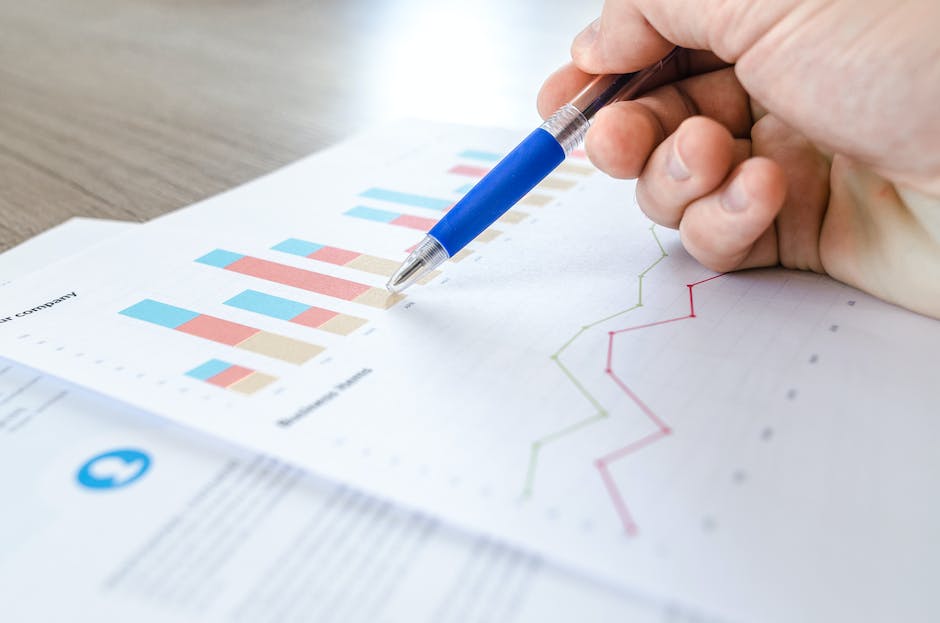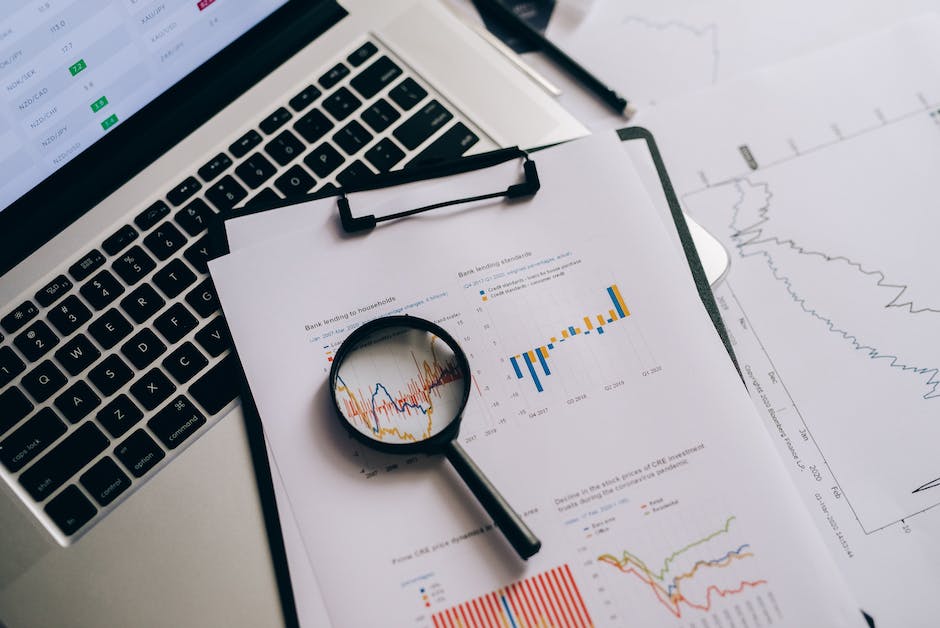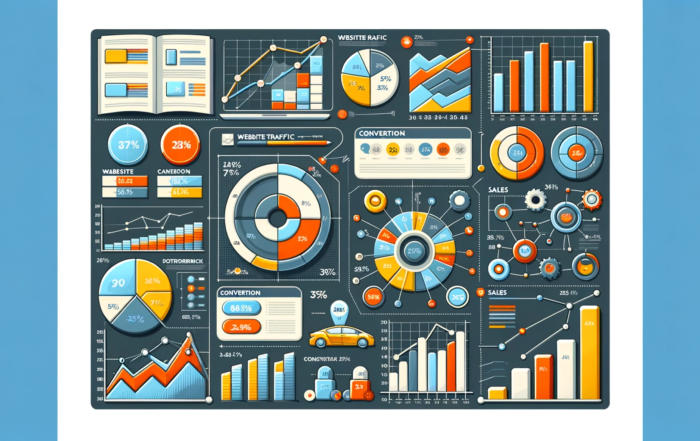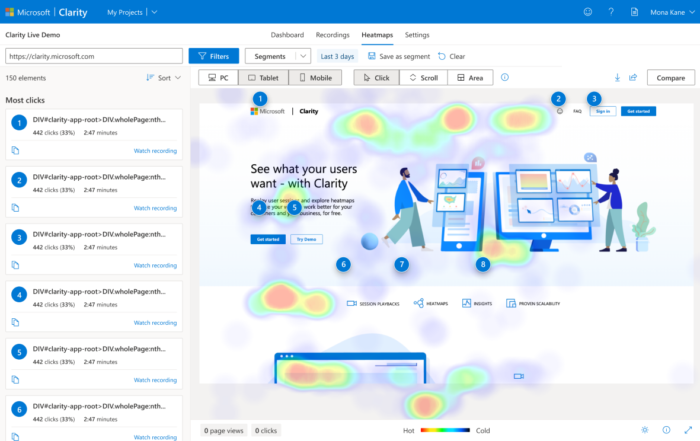SEO and SEM Services
What is Search Engine Optimization?
What is Search Engine Marketing?
Customers are looking for you, but are they finding you, or your competition?
SEO or Search Engine Optimization is the process of tagging and programming a site and its pages with the goal of increasing traffic to a website and it’s internal pages through search engines such as Google and Bing. Many web companies claim to understand Search Engine Optimization, however, they often know only the basics.
Solnet specializes in all areas of SEO and SEM. We provide real data through analytics, statistics and regular reports, and rather than just presenting those to you, we know how to analyze, tweak and improve performance month after month. There is not a one-size-fits-all approach to SEO. We customize your SEO and your marketing campaign to suit your company, your industry, and your specific goals. For less than most small businesses spend on monthly advertising, Solnet can build you a marketing plan that will increase your traffic and deliver high-quality leads.

Search engine marketing (SEM) is the process of internet marketing that involves the promotion of websites by increasing the visibility in search engine results pages (SERPs) through paid advertising channels. SEM includes search engine optimization (SEO), which adjusts or rewrites website content and site architecture to achieve a higher ranking in search engine results pages to enhance pay per click (PPC) listings.
SEM can be very effective in driving targeted traffic to a website and increasing conversions, such as sales or leads. Some common tactics used in SEM include keyword research, ad copywriting, and bid management.
The SEM process typically begins with the following 5 steps:
- Identify your target audience: Determine who you want to reach with your SEM campaign.
- Conduct keyword research: Use tools to find relevant keywords that your target audience is searching for.
- Create compelling ad copy: Write effective and engaging ad copy to attract clicks and encourage conversions.
- Build landing pages: Create specific landing pages on your website for each campaign or ad group to increase conversions.
- Monitor and optimize: Use analytics tools to track the performance of your ads and make adjustments as needed to improve their effectiveness.
What are the Differences between Paid and Organic Search?
From the outset, it’s important that you understand the differences between the organic, natural search synonymous with SEO and paid search. There are five key differences:
1. Position
The first difference is that paid search results appear at the top of search engine results pages, and organic results appear beneath them.
2. Time
Another key difference between paid and organic search is time. With paid search, you get near instant results, sometimes in minutes; whereas, with organic search, results take more time – often weeks, months, and even years. So you have to play the medium to long-term game with organic search.
3. Payment
When it comes to paying, well, as the name suggests, with paid search traffic is paid. You pay-per-click (PPC) on a cost-per-click (CPC) basis. What that means is, you pay a fee every time a user clicks on your ad. So instead of relying on organic traffic to your website, you buy traffic for your page by paying Google to show your ad when your visitor does a search for your keyword. For organic search, traffic is free, although it does require an investment of both resources and time.
4. ROI
In terms of the return on investment or ROI, it’s actually much easier to measure with paid search. That’s partly because Google provides more keyword data that you can capture in Google Analytics. However, with paid search, ROI can stagnate or decline over time. With organic search, ROI is a little bit harder to measure, but it often improves over time. Over the long term, organic search can offer a very good return on investment.
5. Share of traffic
When it comes to the share of traffic, roughly 20% to 30% of searchers click on paid results, and 70% to 80% of searchers click on SEO results. So the lion’s share of clicks are actually on the organic results.
So the bottom line is… do BOTH!

Have a question? Ask Us.







